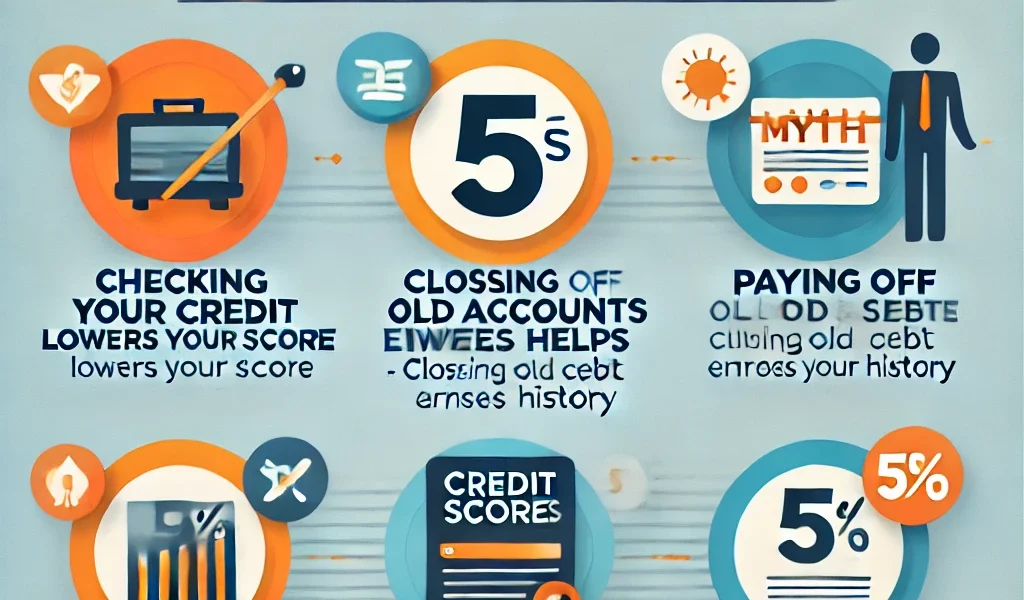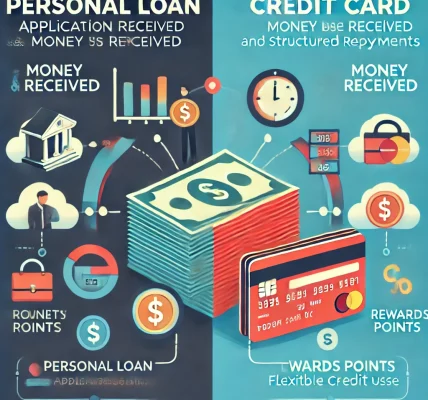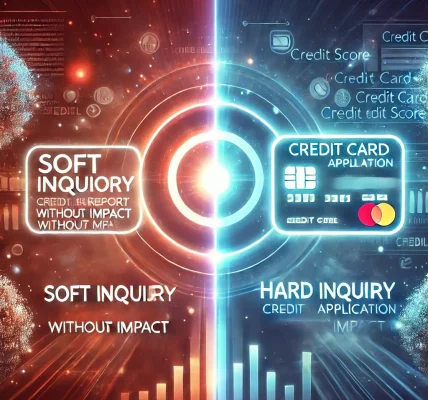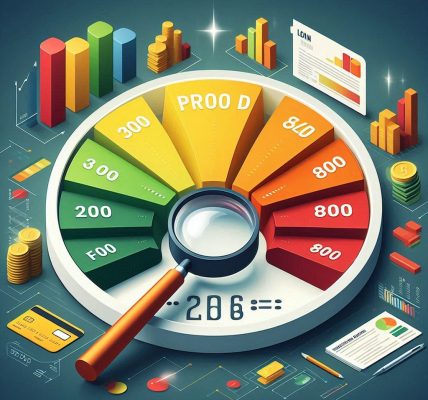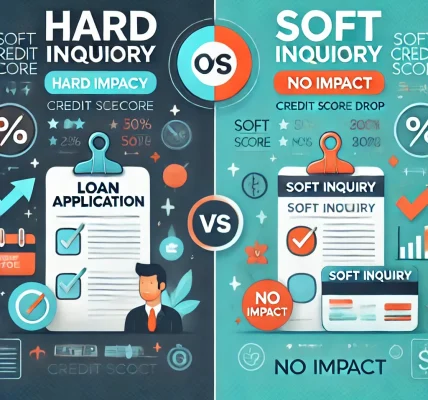Your credit score plays a crucial role in your financial life, influencing your ability to secure loans, get approved for credit cards, rent an apartment, or even land a job. However, despite its importance, there are many misconceptions surrounding credit scores. Believing these myths can negatively impact your financial health and prevent you from making informed decisions.
In this guide, we will debunk the top five myths about credit scores and provide accurate information to help you improve and maintain a strong credit profile.
Myth #1: Checking Your Credit Score Lowers It
The Truth: Checking your own credit score does NOT lower it.
Many people believe that simply reviewing their credit score will negatively affect it. This is false. There are two types of credit inquiries:
- Soft Inquiry: When you check your own credit score or when a lender pre-approves you for an offer, it does not impact your score.
- Hard Inquiry: When you apply for a loan or credit card, the lender pulls your credit report, which may lower your score slightly (usually by a few points).
💡 Takeaway: You can check your credit score as often as you like using free credit monitoring services like Experian, Equifax, TransUnion, or Credit Karma without any impact on your score.
Myth #2: Closing Old Credit Accounts Improves Your Score
The Truth: Closing old accounts can actually hurt your credit score.
Many people think that closing an unused credit card will help their score. However, closing an account can reduce your total available credit, which increases your credit utilization ratio—a key factor in determining your score.
Why Does This Happen?
- Your credit utilization ratio measures how much credit you’re using compared to your total available credit.
- When you close an old account, you reduce your total available credit, making your utilization percentage higher, which can lower your score.
- Older accounts also contribute to your credit age, which affects your score. Closing an old account can reduce the average age of your accounts.
💡 Takeaway: If possible, keep your old credit accounts open, especially those with no annual fees, to maintain a long credit history and a low credit utilization ratio.
Myth #3: Paying Off Debt Erases It from Your Credit Report Immediately
The Truth: Paid debts can still appear on your credit report for years.
Many assume that once they pay off a loan or a past-due account, it disappears from their credit report. In reality, negative marks like late payments, charge-offs, and bankruptcies remain on your report for a set period:
| Negative Item | Time on Credit Report |
|---|---|
| Late payments | 7 years |
| Charge-offs | 7 years |
| Collections | 7 years |
| Bankruptcies (Chapter 7) | 10 years |
| Bankruptcies (Chapter 13) | 7 years |
| Repossessions & Foreclosures | 7 years |
How to Handle This?
- If a negative mark is incorrect, dispute it with the credit bureaus.
- Request a goodwill deletion from the creditor if the late payment was a one-time mistake.
- Focus on building positive credit behavior (on-time payments, low utilization) to balance out negative marks.
💡 Takeaway: Paying off debt is essential for financial health, but it doesn’t instantly remove negative marks from your credit report.
Myth #4: You Need to Carry a Balance to Build Credit
The Truth: Carrying a balance does NOT help your credit score—it costs you money.
Some believe that keeping a small balance on their credit card and making minimum payments will improve their credit score. This is a costly myth.
- Your credit score improves when you pay your bill on time and keep your credit utilization low.
- Carrying a balance leads to interest charges, increasing your debt unnecessarily.
- The best strategy is to pay your full balance each month to avoid interest while still benefiting from on-time payments.
💡 Takeaway: Paying off your balance in full every month is the smartest way to build credit while avoiding unnecessary interest payments.
Myth #5: Income Affects Your Credit Score
The Truth: Your income has NO direct impact on your credit score.
Many believe that a higher salary results in a higher credit score. However, your credit score is based on your financial behavior, not your income.
Credit scores are determined by factors such as:
- Payment history (35%) – Paying bills on time
- Credit utilization (30%) – The percentage of available credit you’re using
- Length of credit history (15%) – The age of your accounts
- Credit mix (10%) – The variety of credit accounts you have (credit cards, loans, mortgages, etc.)
- New credit inquiries (10%) – How often you apply for new credit
Even if you earn a high salary, if you have missed payments, high credit utilization, or too many hard inquiries, your credit score can still suffer.
💡 Takeaway: While income doesn’t directly affect your credit score, responsible financial habits do. Always focus on making timely payments and managing debt wisely.
Final Thoughts
Understanding the truth about credit scores can help you make better financial decisions and avoid costly mistakes. Now that we’ve debunked these common myths, here’s what you should remember: ✅ Check your credit score regularly – It won’t hurt your score. ✅ Keep old credit accounts open to maintain a long credit history. ✅ Pay off debt, but know that past mistakes stay on your report for a while. ✅ Always pay your balance in full to avoid unnecessary interest. ✅ Your income doesn’t affect your credit score, but financial discipline does.
